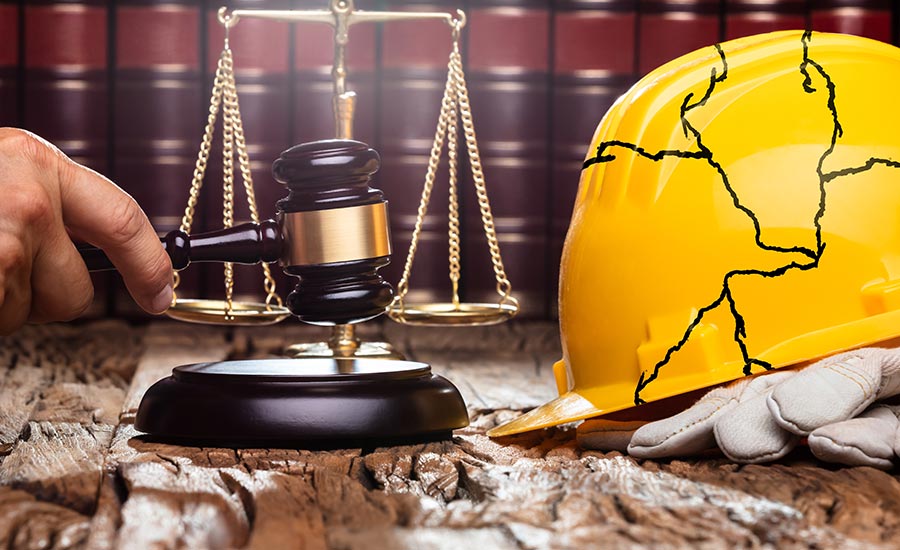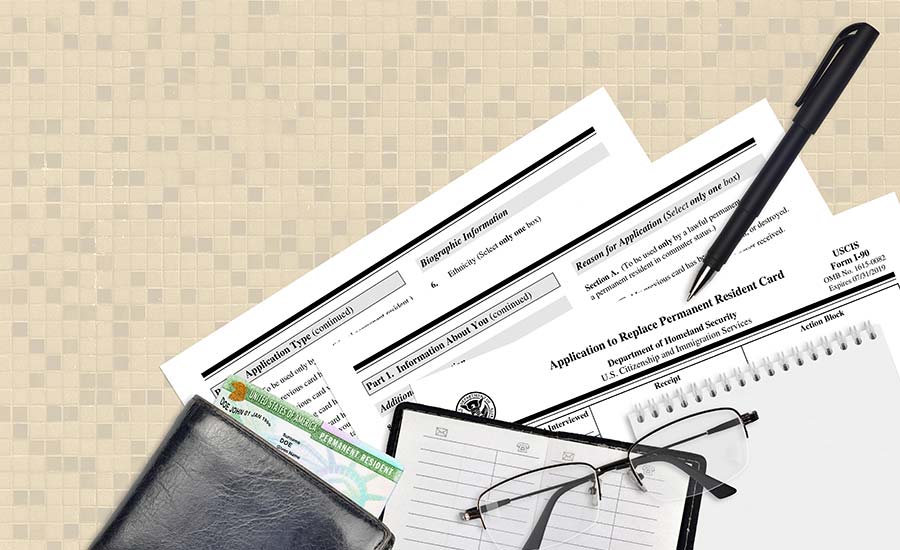

The 100-mile Border Zone
What Happens in the 100-mile Border Zone?
If you are within the 100-mile border zone and can’t prove you have been in the United States for at least two years, an automatic, expedited removal will occur.
Where is The 100-mile Border Zone?
Approximately 200 million people live within this zone, the American Civil Liberties Union reports. And nine of America’s largest cities also fall within this zone. While many people only associate the border with states such as California or Texas, Border Patrol is located all over the US, and have a deep presence in states such as Connecticut, Delaware, Florida, Hawaii, Maine, Massachusetts, New Hampshire, New Jersey, New York, Rhode Island, and Vermont.
What Does This Mean?
Within this 100-mile zone, the Fourth Amendment – which protects Americans from random and arbitrary stops and seizures – does NOT apply. There are approximately 170 checkpoints where Federal and State Police have the right to stop you and ask for US documentation papers.
Undocumented Immigrants Not Protected by the Fourth Amendment
How is This a Law?
The 100-mile border law strives to crack down on undocumented immigrants by flagging those without visa entry as evading detection. The former President Barack Obama-era 100-mile border law stated that those who can’t prove they have been in the US for 14 days (while within the 100-mile border zone) will be ordered into deportation.
President Donald Trump has since widened the timeframe from 14 days to two years.
Do I Have Rights?
Despite being stripped of Fourth Amendment rights in these situations, criminal defense attorney Paul Hirsch said one still has rights.
- While federal authorities are able to lie and say whatever they want to get someone to verbally incriminate themselves – you have the RIGHT TO REMAIN SILENT.
- Keep identification on you. Any documents, papers, receipts, bills and or evidence that can prove their US residency/stay is CRITICAL!
- Whether you are given the opportunity or not: have an attorney’s cell phone number stored in your phone (one whom you are comfortable with) so that they can reach out on your behalf.
Do you Have to Provide Passwords for Social Media?
The federal authorities may try to take your electronic devices to scour your social media accounts to find out any information about you. However, you DON’T have to give them your passwords!
Does the Color of My Skin Matter in This Case?
If the color of your skin makes a federal authority stop and check your papers: that is UNCONSTITUTIONAL! It is unconstitutional to discriminate and stop people at any checkpoint solely based on a person’s religion or skin color, Managing Partner of the Law Offices of Spar & Bernstein Brad Bernstein says.
If any authority does so, you do have the right to fight this in court!
If you have been wrongly stopped by authority, call 1-800-529-5465 for our Immigration Attorneys!
Law Offices of Spar & Bernstein
CALL 1-800-529-5465 IF IN THE USA!
CALL 1-212-227-8933 FROM ANYWHERE IN THE WORLD!
45 Broadway, 15th Floor
New York, NY 10006
Attorney Advertisement. Prior successful results do not guarantee a similar outcome.





